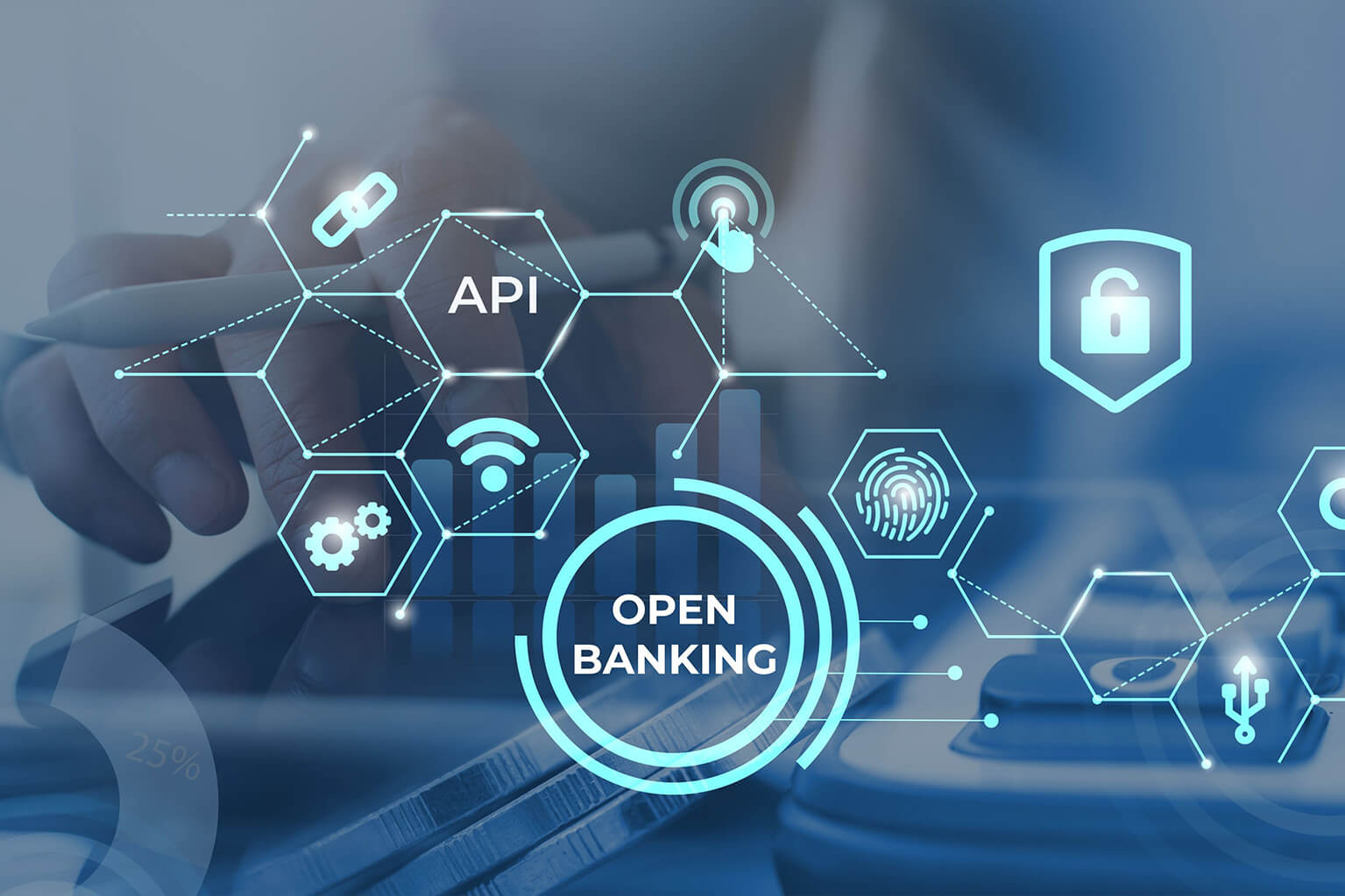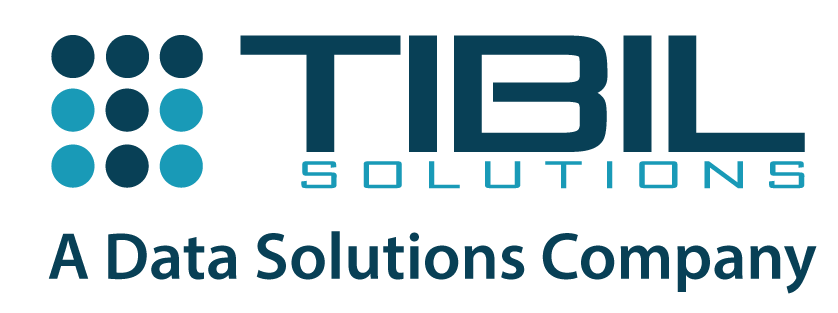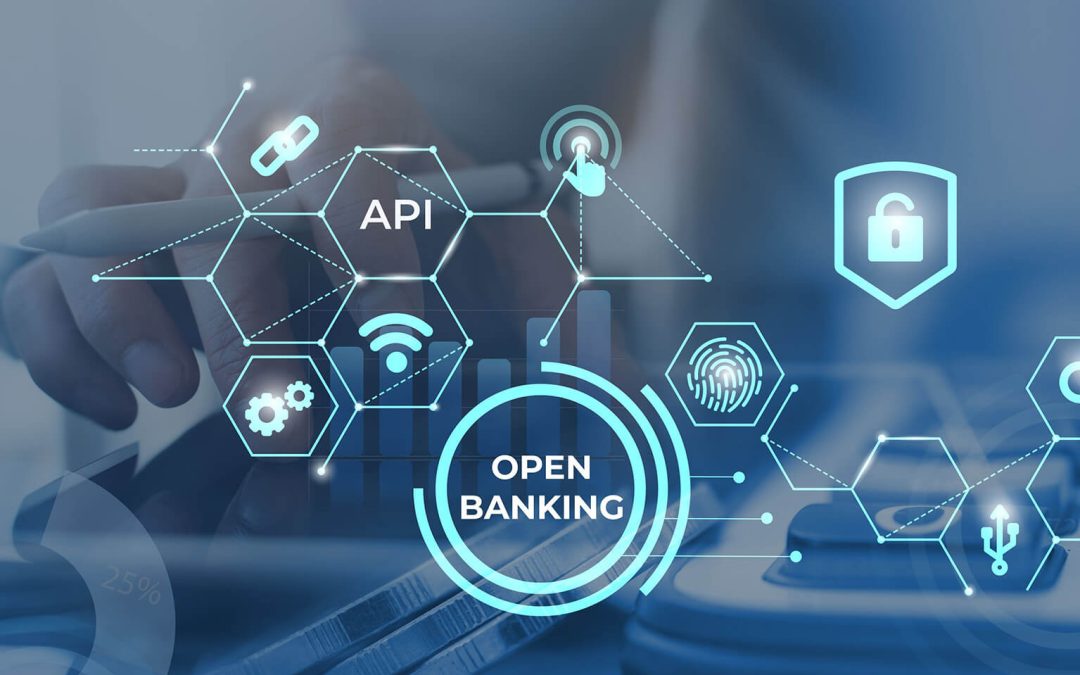
The Value of Data in Open Banking
Open banking is one of the key drivers of the financial revolution today, bringing in higher competition and innovation in the banking sector like never before. Open banking is the practice of securely sharing a customer’s financial data – with consent – between the bank and authorized third parties (including enterprises that may not be active within the financial sector at present). This exchange of data, enabled by Application Programming Interfaces (APIs), makes it easier for new players to offer a larger variety of services giving customers more choices and better control over their financial data.
Open banking has been linked to the Second Payment Services Directive (PSD2) in 2018 in Europe. PSD2 allows financial firms to sell services by categorizing them into two buckets namely, Account Information Service Provider (AISP) or Payment Initiation Service Provider (PISP). AISP certified financial firms can access and view account data via an API with their bank, while a PISP certification allows a bank to make payments on behalf of its customers.
Why does open banking matter?
Customers are hungry for change and are unhappy with their bank’s payments and banking capabilities. Open banking can help set a bank on track for success and present opportunities by putting the customer at the heart of every decision. Instead of being seen as a threat that increases competition, the focus should be on the huge revenue potential that open banking can unleash. Insider Intelligence estimates that in the UK alone, open banking can enable small and medium-sized businesses (SMBs) to reach USD 2 billion by 2024.
Banks can push their APIs beyond regulatory requirements to offer existing customers new services and export data to personal finance managers or small business accounting apps. They can also sell specialized services, such as consumer credit check services to fintechs or identity management tools to smaller banks. This will allow them to engage third-party financial firms to build innovative customer offerings across different avenues.
Incumbent banks fighting about the unfairness of open banking need to understand that all stakeholders including banks, fintechs, third-party aggregators, and regulators, can share their learning and grow the market faster. Instead of defending ownership of data and tools, they should adopt API-driven open banking initiatives for a definite rise in revenue.
Customers, meanwhile, will have better options to decide which financial products they need and will be able to choose products that suit their real needs. And thanks to APIs, customers can aggregate data from multiple accounts, cards and banking products of different entities together in a single app, and manage their finances with greater transparency.
The very valuable banking data
A customer’s transactional data is the most important asset for traditional banks. Banks can leverage data to transform the customer experience and generate new and personalized offers. But this data is locked away in legacy mainframes and applications and is not easily accessible, creating a level of complexity and cost that slows time to market and prevents the implementation of next gen offerings.
By setting up the rules of engagement with PSD2, the EU has changed the game. Advanced analytics can enhance the delivery of financial services to both retail consumers and business customers. Personalised experiences and products powered by AI and advanced analytics are key to improving customer experience, product development, credit assessment and operational performance. Data can also serve as a catalyst for new financial management and business models. Unfortunately, in case of several banks the use of data is patchy and inconsistent due to which the outcomes are underwhelming and without any significant improvement.
Open banking Needs Good Data Analysis
Banks thus need a data architecture that’s agile, scalable, robust and easy to use. Fully understood, this data can reveal what customers are doing with other banks, uncover gaps in service models, point to new competitive threats and suggest appropriate customer strategies. As this data is complex and high in volume, it requires both good analytics as well as top notch data engineering skills to transform the data into actionable insights. Without this capability, banks are missing out on invaluable contextual customer insights that can turn open banking into a competitive advantage.
To be effective, open banking needs stable, coherent, non-federated and organized data. Instead of a data swamp, banks need a digital-first and data-centric approach that will allow them to scale their business and better serve customers. Good data analytics will also help banks better understand the financial environment and make smarter decisions.
Using Data for Deep Customer Focus
As financial offerings become more digital and commoditized, standing out in the crowd requires moving from a product-centric focus to a more customer-centric experience. AI, machine learning, and big data are enabling more personalized customer experiences, allowing fintechs to wow customers and siphon them away from traditional financial providers.
Fintechs have been quick to use technology to become agile and adapt quickly to changing market conditions. They use algorithms to process the vast amount of data that is generated every day, create actionable items and predict and anticipate customer behavior. They can share potential products, upsells and cross-sells with customers. As a result, rethinking customer interaction has become a part of product development whereas only some decades ago the perspective on the product itself dominated the development processes. Thus, banks should aim to provide customers a tailored experience by adapting their digital structure. To make this possible, data will be needed on who the customers are and what they really want. Technologies such as big data as well as distinguished algorithms are potential tools that can help to gain these insights.
Finally…
Despite initial reservations and scepticism, banks are beginning to see the benefits of open banking, and how it can improve customer experience and help incumbent banks become more agile. Open banking, we believe, is all about a data-driven continuous improvement in customer centricity and leads to increased financial integration with value-added services and overall improvements. Banks are already sitting on a wealth of data, and all they need are the right tools and partners to unlock the potential of that data.
Related Posts
AI Toolbox: Creative Content Beyond ChatGPT & BARD
Introduction: In the dynamic landscape of artificial intelligence (AI), ChatGPT and BARD have garnered significant attention for their capabilities in natural language processing and music composition. However, a rich tapestry of AI tools exists...
Ethical Considerations in Generative AI: Ensuring Fair and Responsible Data Analytics
Introduction Generative AI, a transformative subset of artificial intelligence, is revolutionizing data analytics and machine learning. It empowers machines to generate data, images, and text that mimic human creativity. While the potential of...
Building a Better Future with Digital Public Goods
The world is on the cusp of digitization! In this era of digitization, we have transformed the way we communicate, interact, and access information. It has not only changed our personal lives but also has brought an evident transformation in the...
The Role of Artificial Intelligence in Cyber Security
In an era characterised by rapid technological advancements and increasing digitalisation, the field of cyber security faces an escalating and ever-evolving threat landscape. As cyber threats become more sophisticated, organisations must employ...
TinyML: The Future of Edge AI
Artificial intelligence (AI) has been a hot topic in recent years and with good reason. AI has the potential to transform countless industries and improve our lives in numerous ways. However, as powerful as AI can be, it also requires a lot of...
The Evolution of Federated Learning
Uber settled an inquiry into a data breach that exposed the personal data of more than 5,00,000 drivers in 2016 by paying $148 million. A GDPR breach resulted in a $57 million fine for Google in 2020. On-growing data privacy and data breach issues...
Subscribe To Our Newsletter
Lorem ipsum dolor sit amet, consectetuer adipiscing elit. Aenean commodo ligula eget dolor. Aenean massa. Cum sociis natoque penatibus et magnis dis parturient montes, nascetur ridiculus mus

Company
About us
Careers
Contact
Awards
Blog
Offerings
Strategy & Consulting
Managed Services
Solutions
Digital Public Goods
Solutions
Data Solutions
Industry Solutions







